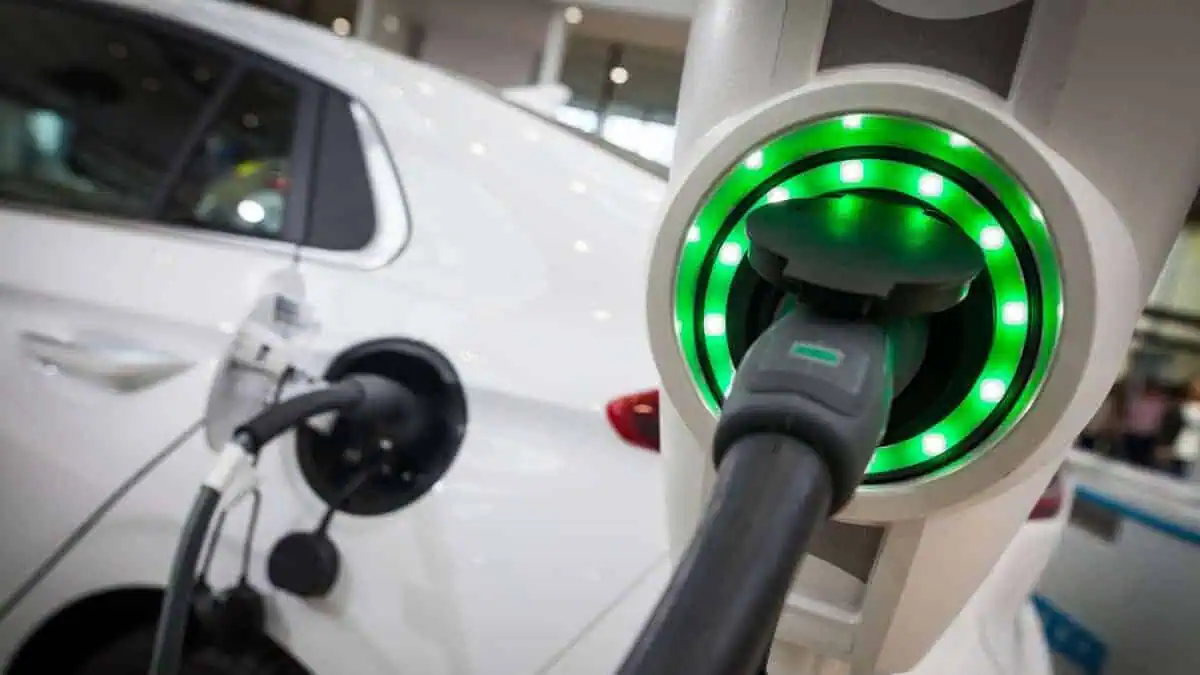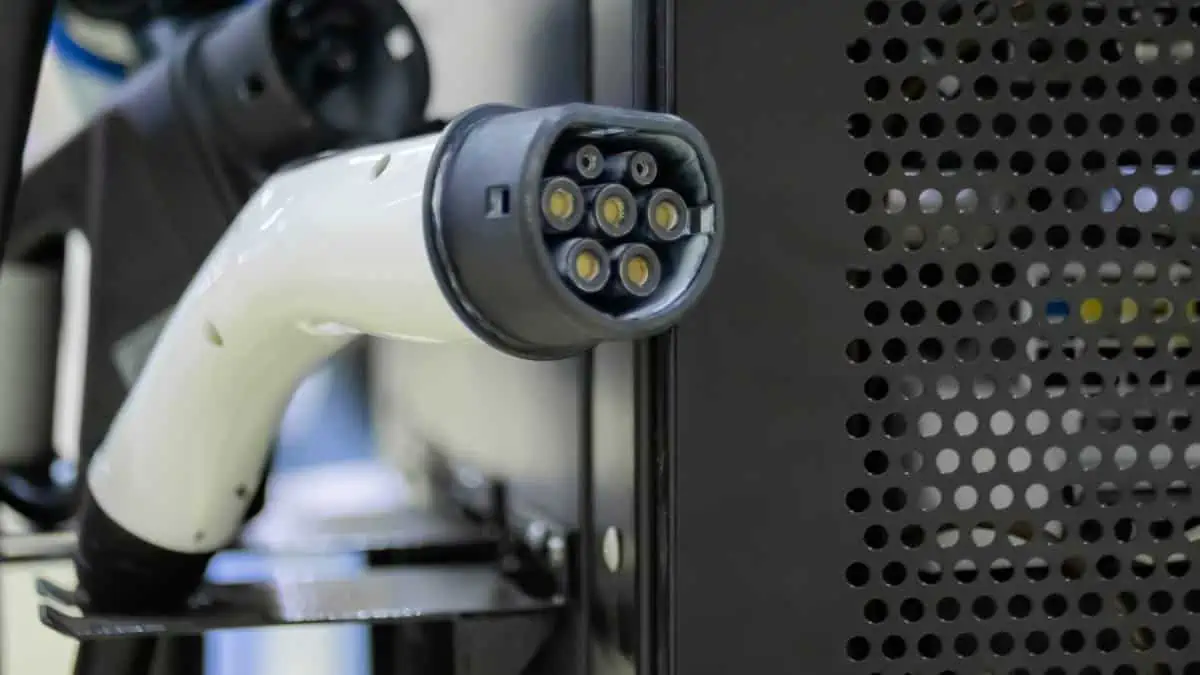The Indonesian Government’s notable electrification strategies and policies have substantially attracted global companies to invest in the local industry.
Interestingly, industry experts suggest that Indonesia’s major steps towards e-mobility will also accelerate investments in the wider Southeast Asian industry.
Experts outlook
Bakrie & Brothers CEO and President Director Anindya Novyan Bakrie forecasts Indonesia to act as the “gateway” of investments to the ASEAN.
Notably, the region holds significant reserves of critical battery minerals, including copper, nickel, cobalt, and bauxite. ASEAN Briefing noted that Indonesia currently dominates the nickel export industry, with a 22% share of the world’s total reserves.
Indonesia courts major EV players
Indonesia has been trying to pursue established global automakers like Tesla. It aims to leverage its rich nickel reserves to advance as the supply chain center for electric cars.
“Indonesia’s rich endowment in natural resources required for EVs underpins its attractiveness … and is certainly a pull factor for EV investments especially in the aftermath of a nickel ore ban and a government that is increasingly calling for the beneficiation of its natural resource to unlock economic growth.”
BMI Fitch Solutions Analyst Koketso Tsoai told CNBC
The government even decided to ban exports of several critical metals and minerals to force companies to invest in local production.
In effect, legacy automakers Toyota and Hyundai invested billions of dollars to expand their local production in the country.
Apart from that, the Indonesian President has also been courting Chinese companies to aid the country in establishing a strong production ecosystem for electric vehicles, VOA reports.
Challenges
Indonesia’s EV push largely contributed to the region’s overall foreign direct investments from 2019 to 2021, along with Malaysia and Thailand, 2022 ASEAN investment report revealed.
However, it would still remain a challenge for Indonesia to overthrow Thailand’s dominance in the region.
“It will be tough for Indonesia to replace Thailand as a regional vehicle production hub, as the latter has a long-established export-oriented automotive industry. Indonesia will also face challenges from lower-cost producers like Vietnam and the Philippines.”
EIU Automotive Analyst Nishita Aggarwal
See Also:
- Indonesian Government taps Geely to produce homegrown EV by 2026 as a local brand, senior minister reveals
- Hyundai Motor dominates the Indonesian EV market in Jan-July 2023
- Tesla to invest “quite big” in an Indonesian battery factory
- Indonesian government imposes price ceilings for EV charging
- Indonesia to launch new set of incentives for electric automakers, organizes a meeting with Tesla and BYD
Nonetheless, Indonesia’s remarkable growth in the EV industry can still influence its neighboring nations in the region. It could entice more investors with its advantage in nickel reserves, aiding the region to accelerate e-mobility adoption.






